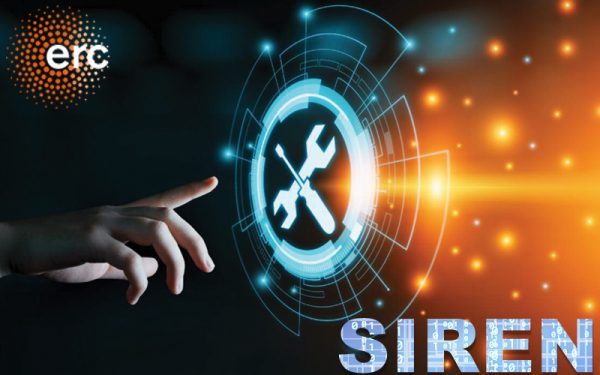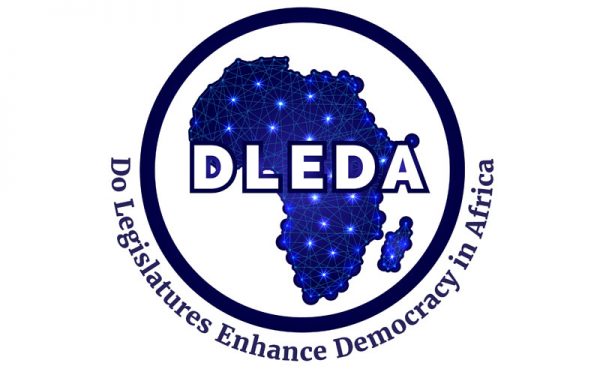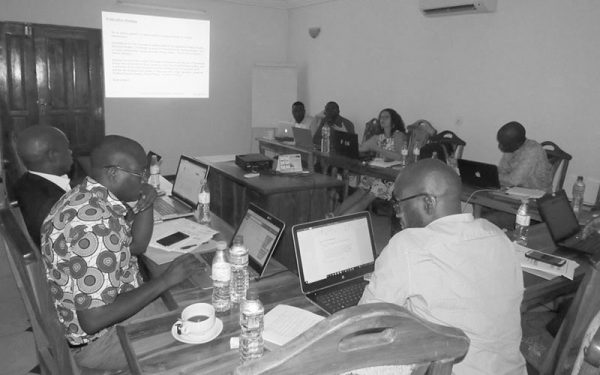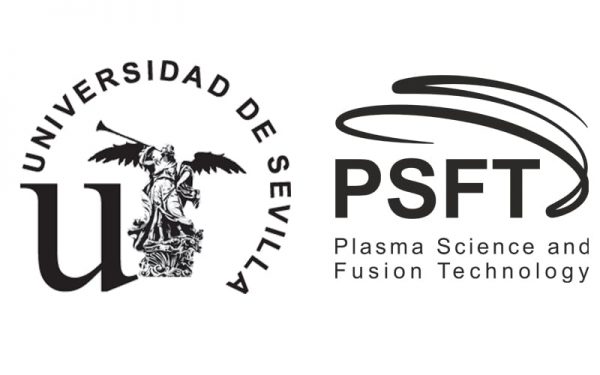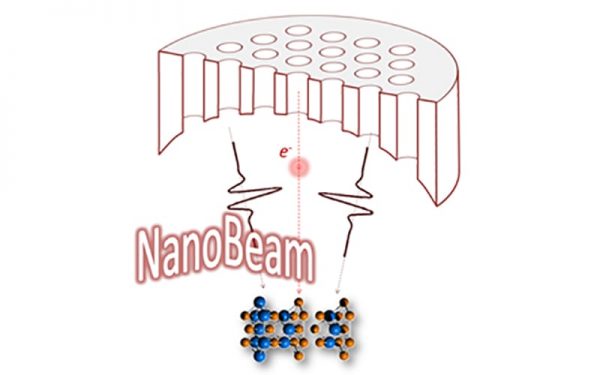Labs Explorer and Science Explainers now working in association with The EDMA
Labs Explorer and Science Explainers now working in association with The EDMA The EDMA are delighted and extremely excited to announce that we are now working in association with both Labs Explorer (@LabsExplorer) and their service Science Explainers (@SciExplainers). In addition to being able to bring many more benefits to our clients across multiple cutting-edge…



